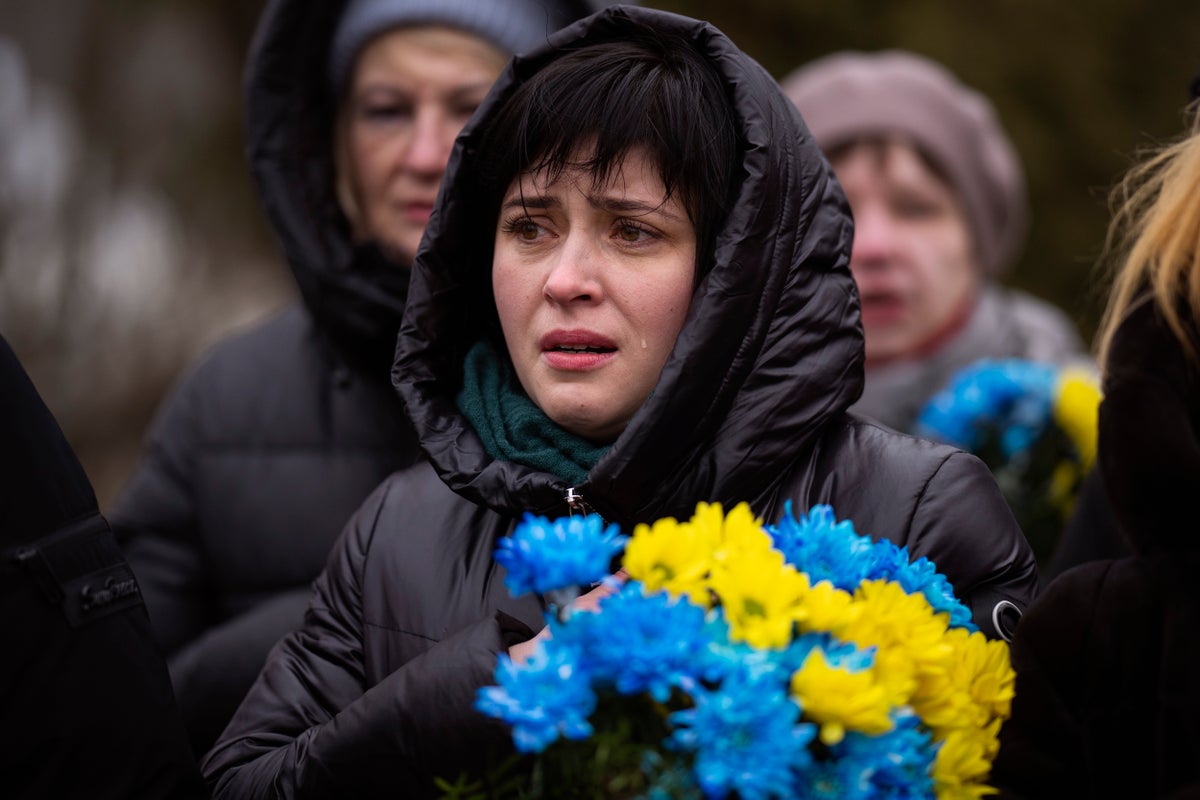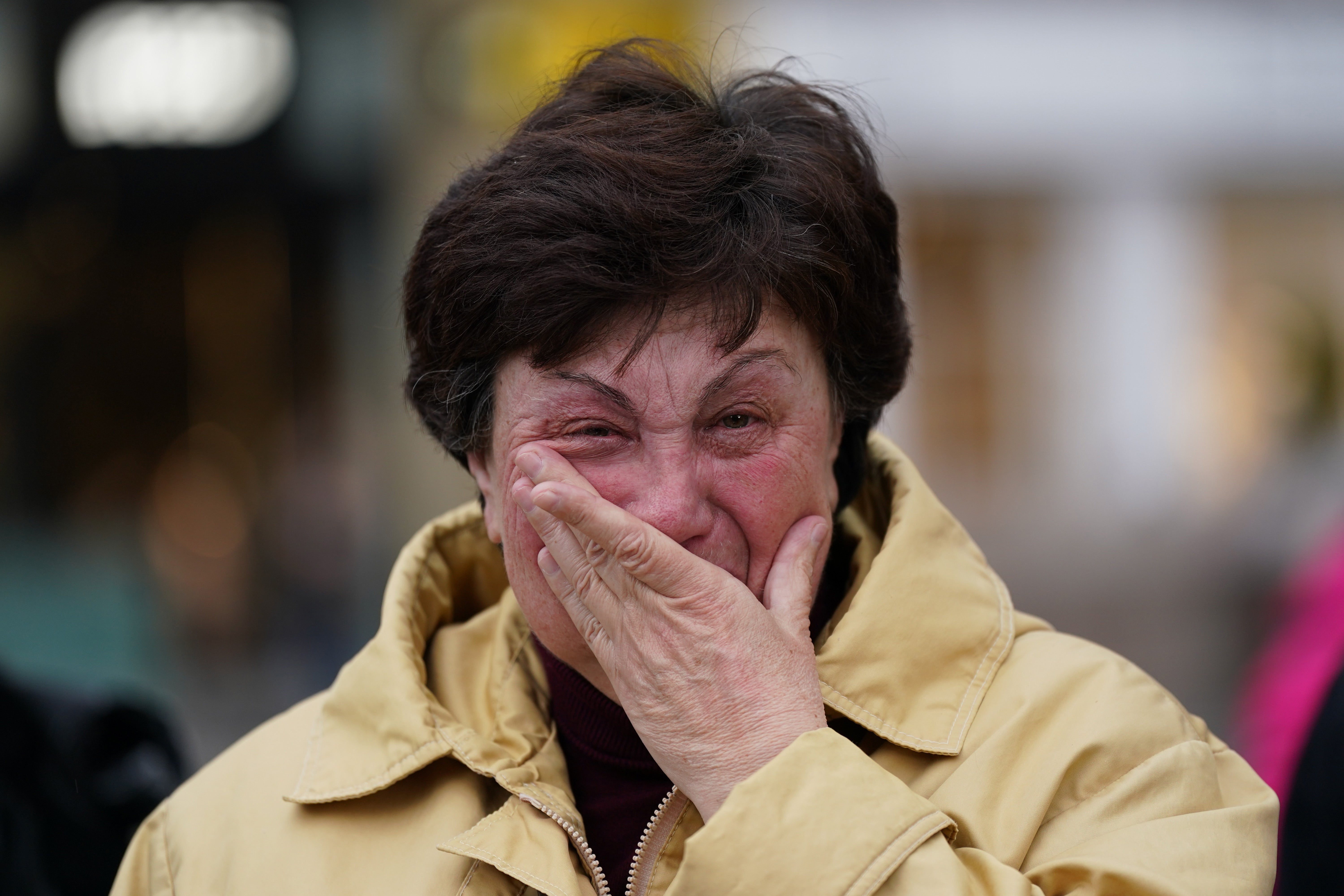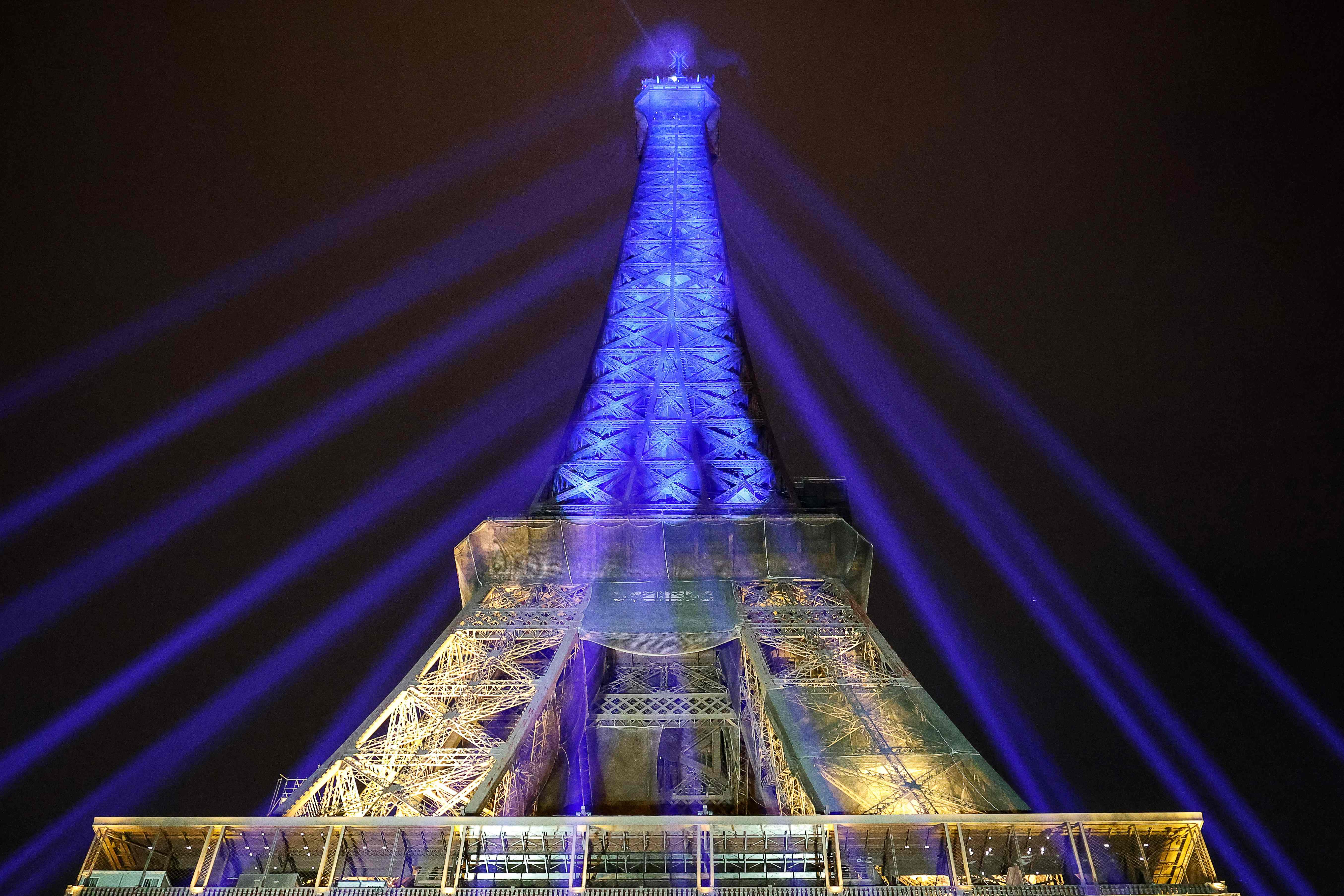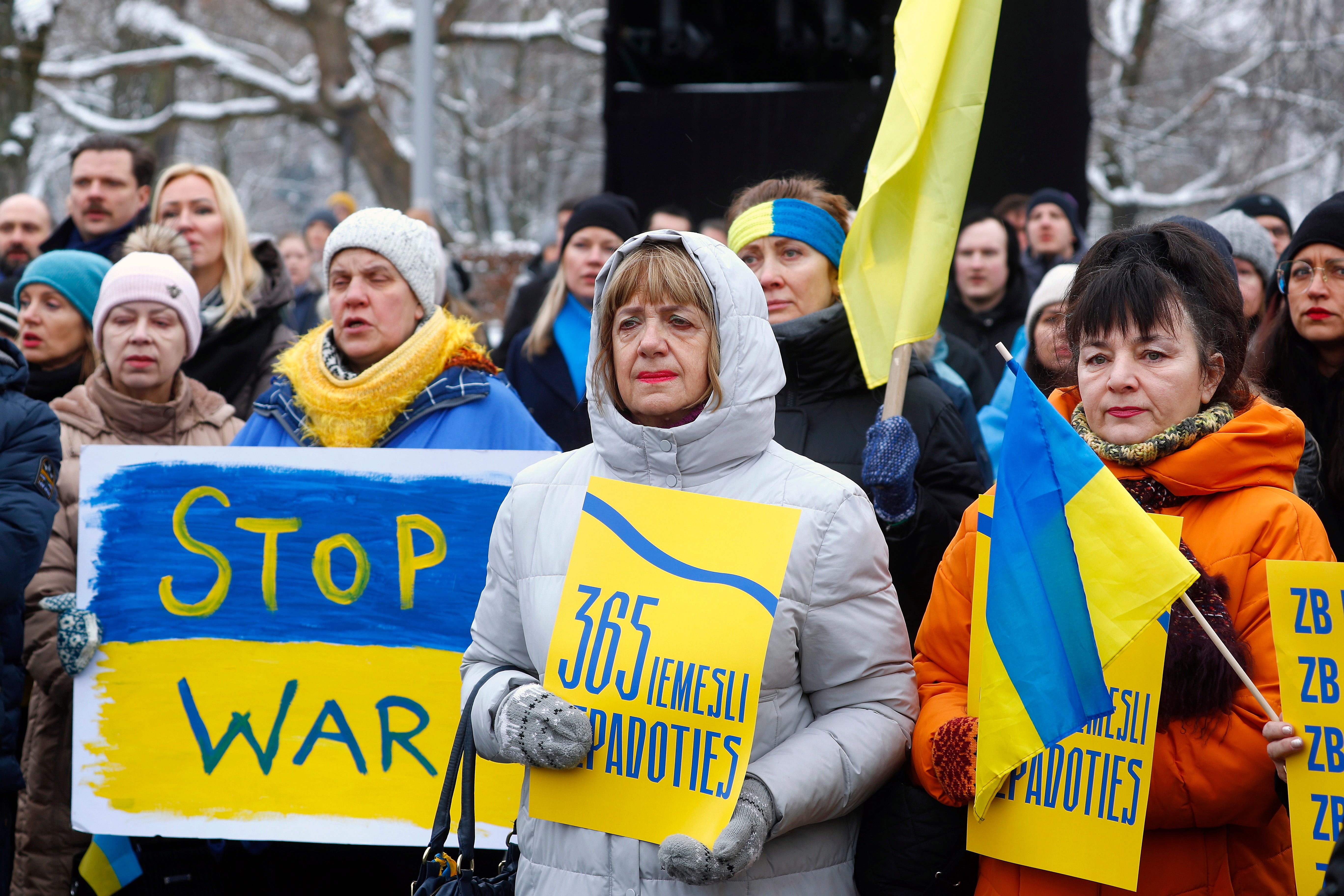
China and India may have told Russia directly that they opposed any use of nuclear weapons by Moscow in Ukraine, according to US secretary of state Antony Blinken.
Speaking on the first anniversary of the full-scale invasion, Mr Blinken credited China and India for having “a little bit more influence with Russia these days” in stalling a potential use of nuclear weapons on the battlefield.
Mr Blinken was asked by The Atlantic’s Jeff Goldberg how worried Washington was in crossing a line to provoke Russian president Vladimir Putin into using nuclear weapons.
The top American diplomat said escalatory measures like nuclear weapons have not been used by Russia yet because “that is the last thing that Vladimir Putin needs is himself in a wider war”.
He said there were “heightened” concerns in some moments, such as when Ukrainian forces launched a counter offensive last Spring and Mr Putin suggested the use of tactical nuclear weapons.
“... we urged, and I think successfully, other countries that might have a little bit more influence with Russia these days, like China, but also other countries like India, to engage him [Putin] directly about their absolute opposition to any use of nuclear weapons,” he said.

“And we know that they conveyed those messages, and I think that had some effect. Something we always have to look at, but again, the track record to date suggests that the escalation that some feared has, at least to now, not happened.”
Both India and China have taken a neutral stance in Russia’s war in Ukraine while calling for dialogue and peaceful negotiations.
The two rival countries who have deep relationships with Russia have also refrained from condemning Moscow’s aggression in Ukraine despite holding several conversations since the war began.
The two countries also abstained from a crucial UN general assembly vote held on the eve of the one-year anniversary of the Ukraine invasion.
The vote sought to condemn Russia’s war in Ukraine and demanded a pull back of Russian troops.
Mr Blinken confirmed on Friday that he will travel to India on 1 March to attend a meeting of the G20 foreign ministers following a similar confirmation by Russian foreign minister Sergey Lavrov.
The US state secretary appeared to defend India, saying some countries had decades-long relationships with Russia dating back to the Soviet Union.

“India for decades had Russia at the core providing military equipment to it and its defenses, but what we’ve seen over the last few years is a trajectory away from relying on Russia and moving into partnership with us and with other countries – France and so forth,” he said.
In remarks underscoring Washington’s growing concerns that Beijing could provide military aid to Russia, Mr Blinken said Xi Jinping’s government probably gave its approval to some Chinese firms to provide Russia with non-lethal, “dual-use” support.
“There has been some non-lethal, dual-use type support coming from quote-unquote Chinese companies, that almost certainly was approved by the state, because there’s really no difference, but not lethal military support,” Mr Blinken said.

“But we also have picked up information over the last couple of months that China is now strongly considering doing that.”
There was no immediate comment from China, but its foreign ministry said earlier on Thursday that any potential intelligence on arms transfers by China to Russia, that the US plans to release, was speculation.
“We do not accept the United States’s finger-pointing on China-Russia relations, let alone coercion and pressure,” China’s foreign ministry spokesman Wang Wenbin said at a regular press conference on Monday about the allegations.







